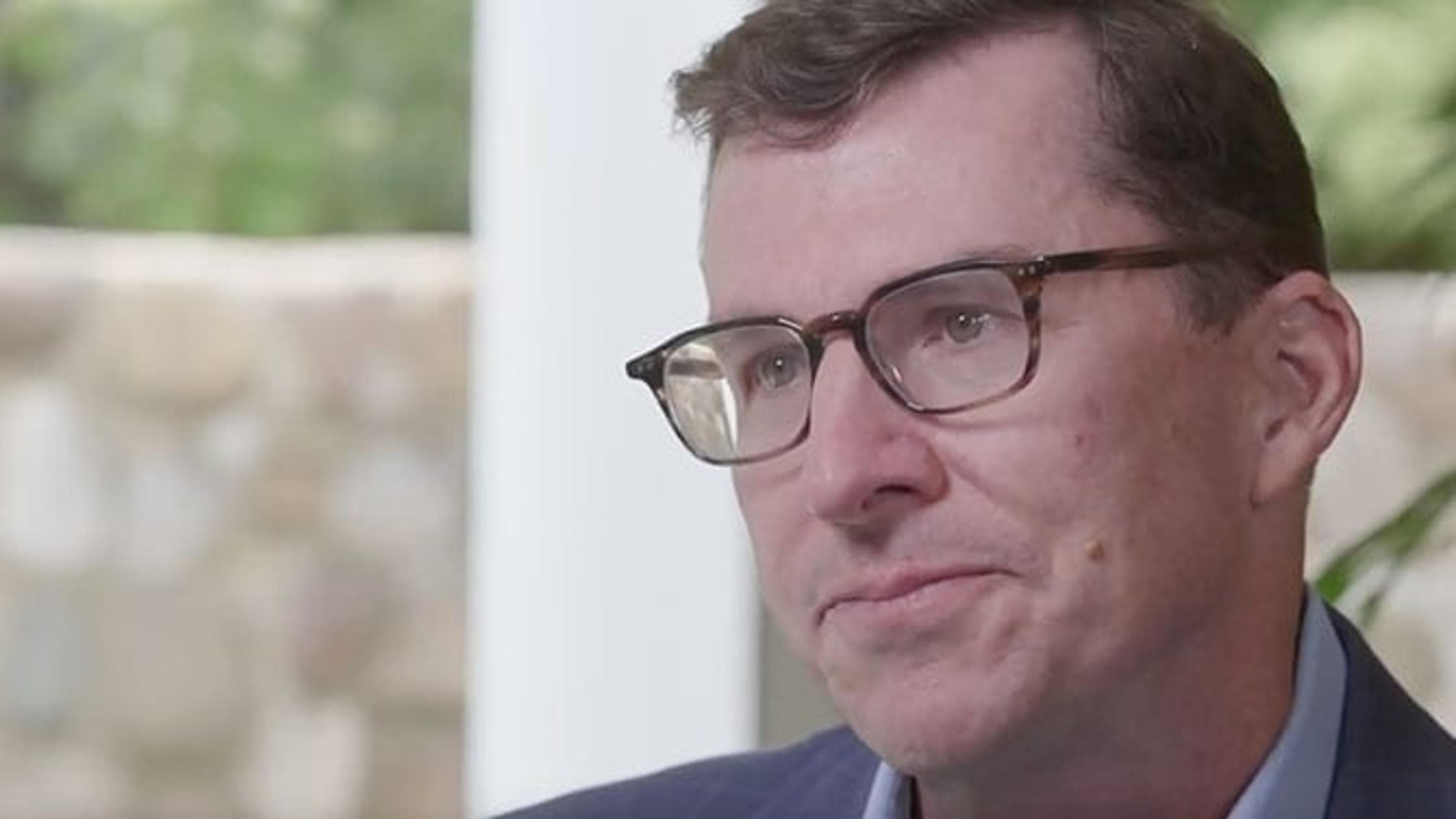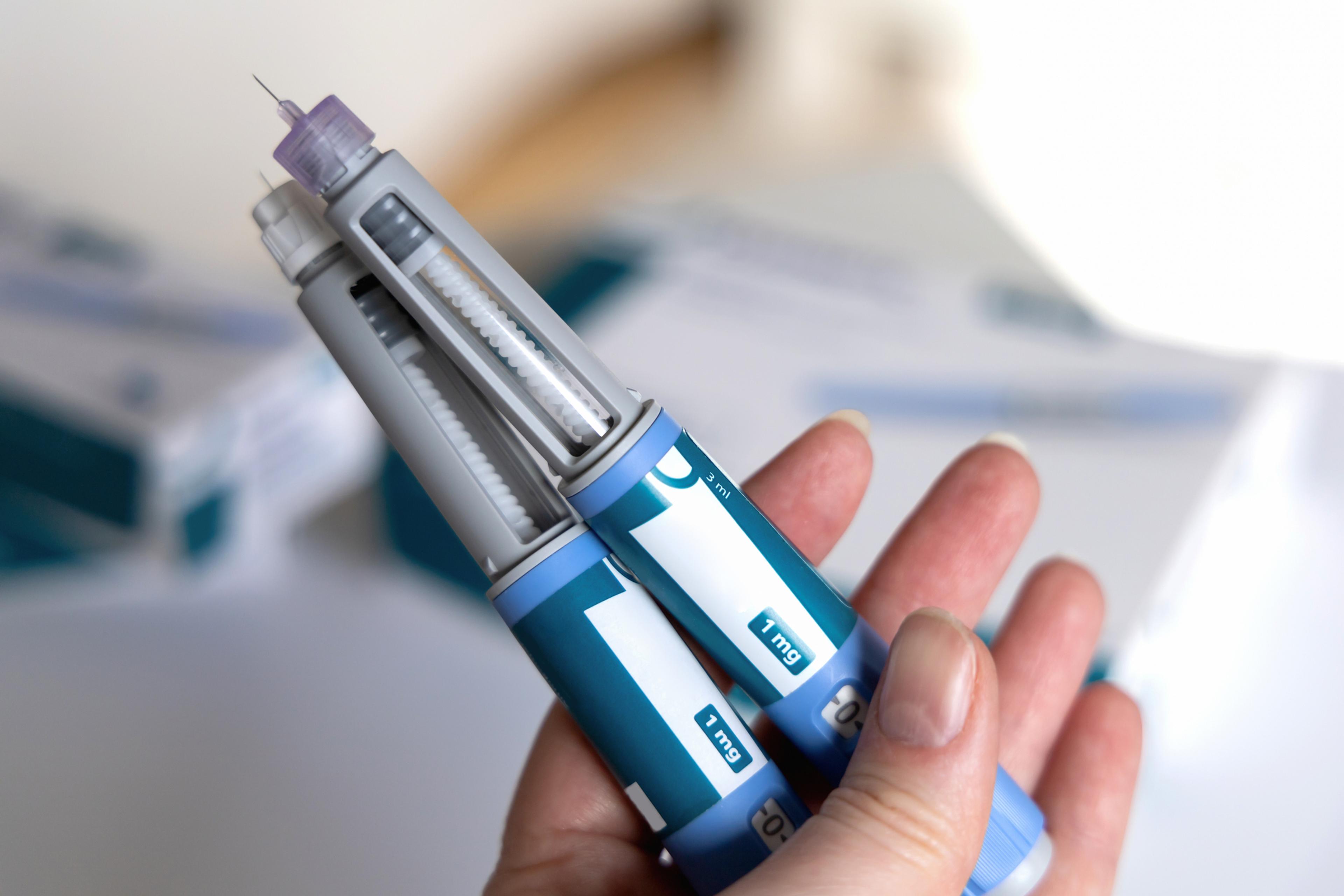
With respiratory illnesses on the rise, the nation is experiencing a shortage in amoxicillin.
The U.S. Food and Drug Administration added multiple forms of amoxicillin to its Drug Shortage Database. Amoxicillin is an antibiotic commonly used to treat bacterial infections in children. The shortage is mostly affecting supplies of the liquid version and some chewable tablet forms.
The American Society of Health-System Pharmacists (ASHP) began reporting shortages in mid-October. The FDA first reported a shortage on Oct. 28.
Most of the FDA’s information on shortages comes straight from manufacturers. Hikma Pharmaceuticals, Teva Pharmaceutical Industries and Sandoz (generics division of Novartis) have all reported shortages of various doses of amoxicillin, according to the FDA.
What is causing the shortage?
The amoxicillin shortage could be partly attributed to the increased demand for the drug, due to a nationwide spike in respiratory syncytial virus (RSV). Amoxicillin does not treat RSV, but it is frequently prescribed as a source of protection against underlying bacterial infections in kids with RSV. Providers may also presumptively treat respiratory infections with an antibiotic first.
Amoxicillin is considered “first-line therapy” for children, according to the Centers for Disease Control and Prevention (CDC). It is commonly used to treat sinus infections, ear infections, pneumonia, and strep throat.
Amoxicillin isn’t the only antibiotic that’s been in short supply in recent months. The University of Utah’s drug information service, which also tracks shortages, reported low supplies of 32 antimicrobial drugs as of Sept. 30.
Multiple factors can contribute to a drug shortage, including manufacturing and quality issues. The FDA works closely with manufacturers to mitigate, prevent, or reduce the impact of shortages, but there are several factors that can cause or contribute to drugs shortages that are outside of the FDA’s control. There is currently no timetable for how long the amoxicillin shortage will last.
Preventing the spread of RSV
RSV is a common respiratory virus that usually leads to mild, cold-like symptoms. Most people recover within a week or two, but RSV can be especially serious for infants, older adults, and people with compromised immune systems.
November is a historically high month for positive cases of RSV in Michigan, so now is the time to exercise extreme caution. The CDC recommends these precautions to help prevent infants and small children from contracting RSV:
- Avoid close contact with sick people
- Clean and disinfect surfaces, toys, mobile devices, and other objects
- Cover your mouth while coughing and sneezing
- Keep your hands off your face
- Stay home from work, school, and public areas when you are sick
Additionally, people with cold-like symptoms should avoid interaction with small children to limit the spread of RSV. Given the increased number of hospitalizations due to RSV, it is critically important to stay current with flu and COVID vaccinations to prevent avoidable hospitalizations, as many local hospitals are at capacity.
Pharmacy challenges
Right now, pharmacy shortages for amoxicillin in Michigan and across the country vary.
Parents filling their kids’ prescriptions may find that their local pharmacy has those prescriptions in stock. Others may have to call around.
Blue Cross Blue Shield of Michigan (BCBSM) and Blue Care Network (BCN) members should work with their healthcare provider to get an alternate prescription if their preferred pharmacy does not have their prescription available.
Photo credit: Getty Images





